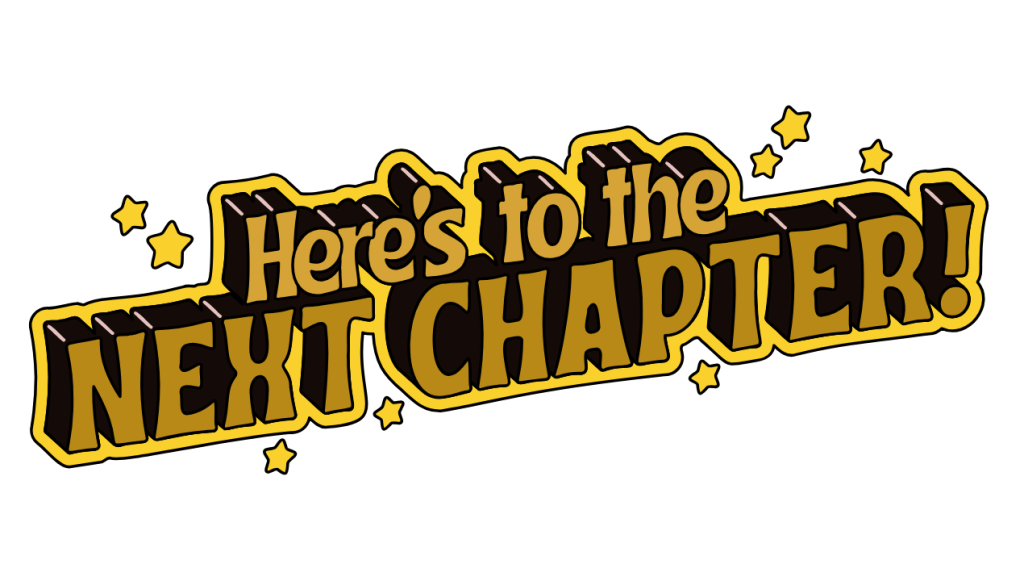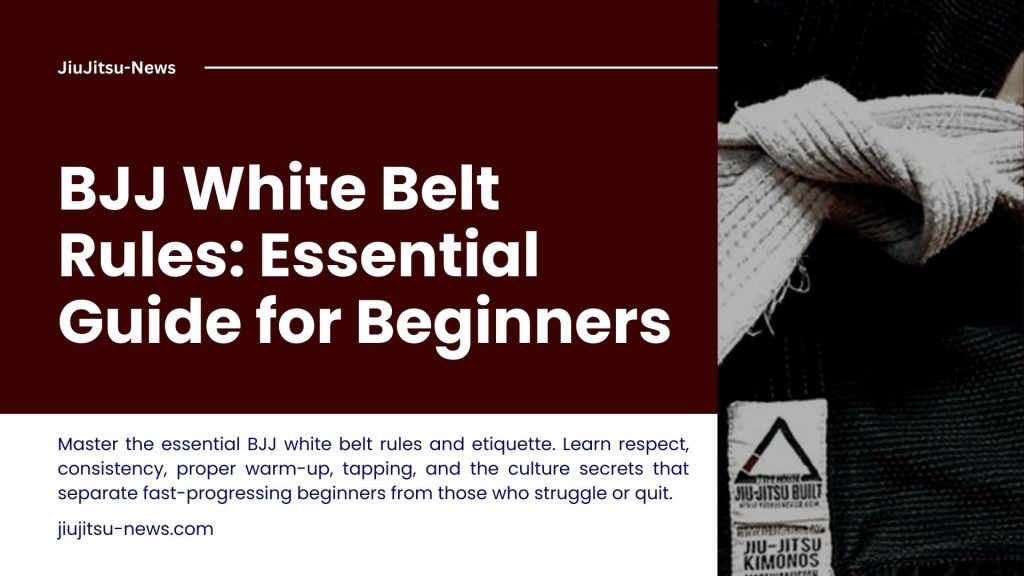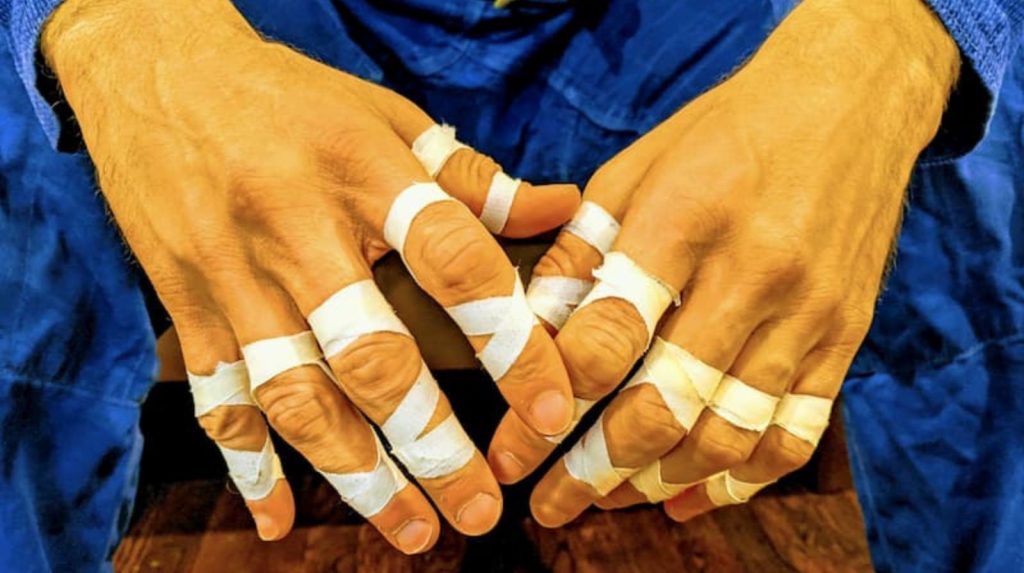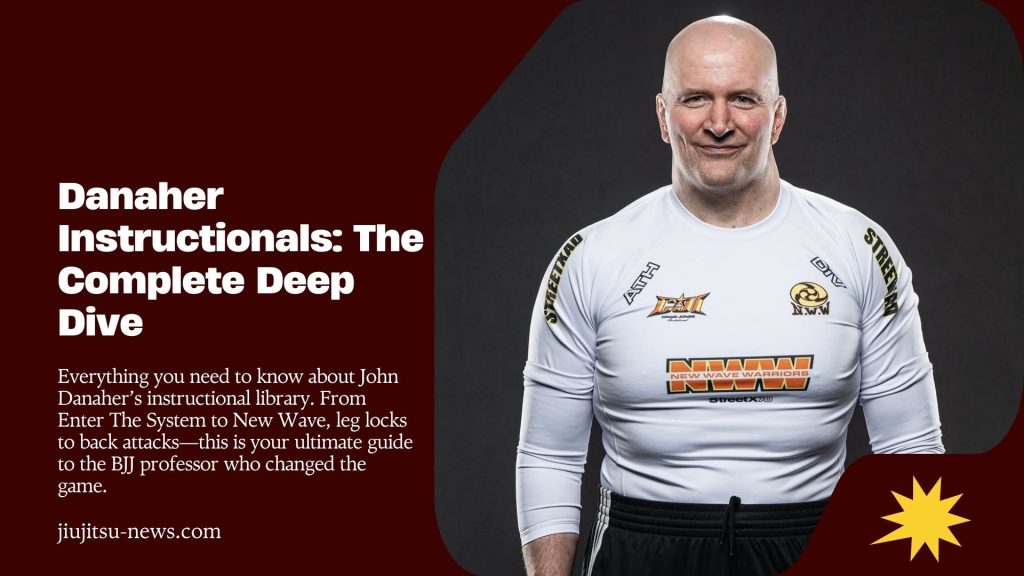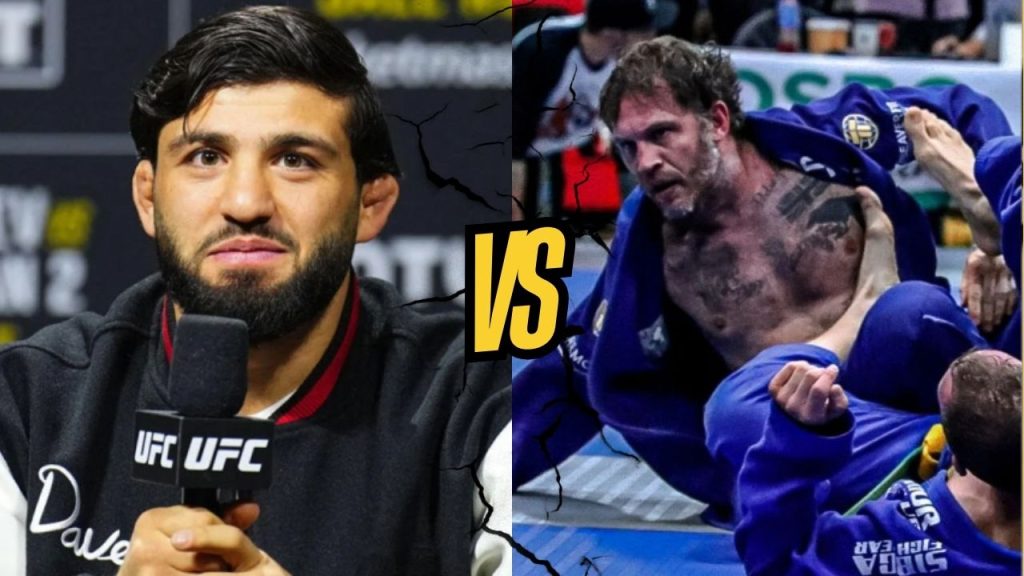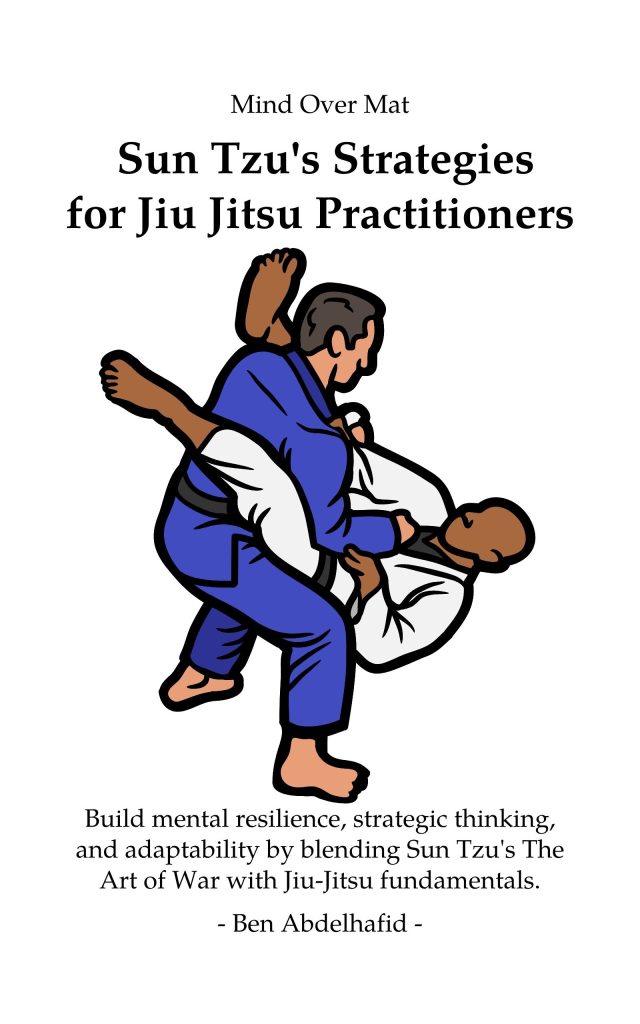
Chapter 6: The Power of Being Able to Change
The need to change
Realizing that you need to change is one of the most important first steps to getting better, and this is especially true in the fast-paced world of jiu-jitsu.
For practitioners to grow, they need to be able to look at their own work and change their methods as needed.
Sun Tzu’s ideas, which stress how important it is to understand oneself and one’s enemies, are similar to this way of thinking.
To make a change, you need to do the following:
1# Be aware of your skills and weaknesses
To improve as a jiu-jitsu martial artist, you must be able to tell when a technique, plan, or way of thinking isn’t working.
Before practitioners can see that they need to change, they need to become more aware of their skills and weaknesses on the mat.
Self-evaluation includes both an honest look at one’s skill and an understanding of how one’s mind works during practice and competition.
Sun Tzu says that you should know yourself and your enemy.
Jiu-jitsu practitioners must also become very self-aware to see what they need to change.
This could mean recognizing mistakes you make over and over, strategies that don’t work, or even mental blocks that get in the way of your success.
2# Seeking valuable feedback
Along with self-reflection, feedback from others is a big part of realizing that you need to change.
Coaches, training partners, and even video analysis can help practitioners see things they might not have seen when they were self-evaluating.
When people accept constructive feedback, it can show them their blind spots and lead them to better methods and techniques.
According to Sun Tzu, being flexible means that being open to feedback is not a sign of weakness but rather a way to improve your jiu-jitsu skills.
3# Detect things that aren’t moving
Realizing that things aren’t moving can also be a sign that they need to change.
A lot of practitioners go through times when they don’t seem to be making any progress. These are the times when Sun Tzu’s lessons are most useful.
When practitioners see stagnation as a sign that they need to reevaluate their work, they are less likely to give up and more likely to look into new skills, training methods, or even philosophical approaches to their work.
This proactive approach encourages a growth attitude, which frees people from being comfortable and encourages them to keep improving.
Changing plans in the middle of a match
Jiu-jitsu practitioners need to be able to change their strategies in the middle of a fight.
This is similar to what Sun Tzu said about being flexible.
In a grappling match, where things change quickly, being able to read your opponent’s moves and change your strategy appropriately can mean the difference between winning and losing.
By becoming more aware of how the match is going and how the other player is playing, practitioners can adapt to new situations well.
Here’s what you need to do:
#1: Being Aware
Being mindful during a match is one of the first things that can help you change your tactics.
To do this, you have to be fully present and pay close attention to the details of your opponent’s moves and plans.
Sun Tzu told leaders to pay attention to their surroundings. In the same way, a jiu-jitsu practitioner must read cues from things like body position, grip strength, and breathing patterns.
By paying attention to these signs, a fighter can guess when an attack or opening will happen and change their plan to either defend or take advantage of those times.
2# Stay calm
Being able to stay calm under pressure is another important skill for changing strategies.
It’s easy to lose control of a match when your opponent is angry or makes moves you didn’t expect.
In this case, Sun Tzu’s lessons are very helpful; he said that people should stay calm and focused when bad things happen.
Practitioners who can control their feelings are better able to come up with new ideas on the spot.
This could mean switching from an offensive to a defensive attitude or using a different strategy that better counters the strengths of the other player.
3# Being able to adapt
Using a range of techniques is also important for being able to adapt to different situations during a match.
Sun Tzu said that being flexible was important, and jiu-jitsu practitioners should try to have a wide range of skills.
A fighter who knows how to do a lot of different guards, escapes, and finishes can easily switch strategies as the match goes on.
For example, if an opponent is very good at getting past the guard, the practitioner might choose to switch to a stronger guard or try to sweep instead of staying on the defense.
This ability to change not only makes you more powerful, but it can also throw off your opponent’s rhythm and make them uncomfortable.
4# Continuous Learning
It’s important to learn from each match if you want to do well in the future.
Practitioners should think about what worked and what didn’t after changing their strategies in the middle of a fight, similar to how Sun Tzu stressed how important it was to evaluate strategies.
Patterns and trends can be found through this reflection, which can help with training and getting ready for future matches.
Jiu-jitsu practitioners can become better at changing their strategies in real time by constantly improving their approach based on past experiences.
Learn from Your Mistakes
A big part of both personal growth and martial arts training is learning from your mistakes.
Jiu-jitsu practitioners will always face problems and failures that can make them give up if they don’t approach them with the right attitude.
The idea of seeing mistakes as chances to learn fits in well with this idea. This way of thinking pushes practitioners to think critically about their performances.
It creates an atmosphere where mistakes are not only okay, but seen as necessary for the journey to mastery.
Here’s how you can do it
1# Being aware of your mistakes
When it comes to jiu-jitsu, mistakes can come in many forms, from bad technique during practice to bad strategy during competition.
By breaking down these mistakes, practitioners can learn more about their own flaws and where they can improve.
Sun Tzu said that knowledge is power. Figuring out what’s wrong with your method lets you come up with new strategies that you can use in the future.
Recognizing these flaws not only improves your basic skills but also makes you mentally tough, which is very important for martial artists.
2# Don’t fear mistakes, learn from them
Learning from mistakes is something that many people do together.
Getting involved with other practitioners and teachers can make this process a lot better.
Feedback that is helpful is very important because it often shows points of view that a person might miss.
Sun Tzu talked about how important it is to work together and form alliances. Jiu-jitsu practitioners can learn more about their craft by sharing their experiences and thoughts.
This collaborative setting encourages a culture where mistakes are freely talked about. It lowers the shame that comes with failing and pushes everyone to do their best.
3# Quick comes back
The idea of adaptation is another way to show how important it is to learn from your mistakes.
It is very important in jiu-jitsu to be able to change your moves and plans based on what your opponent does. Making mistakes gives us the feedback we need to make these changes.
Just like Sun Tzu said that methods should be flexible, jiu-jitsu practitioners should also keep their minds flexible. This flexibility not only helps on the mat, but it also shows that you value constant improvement over being afraid of failing.

